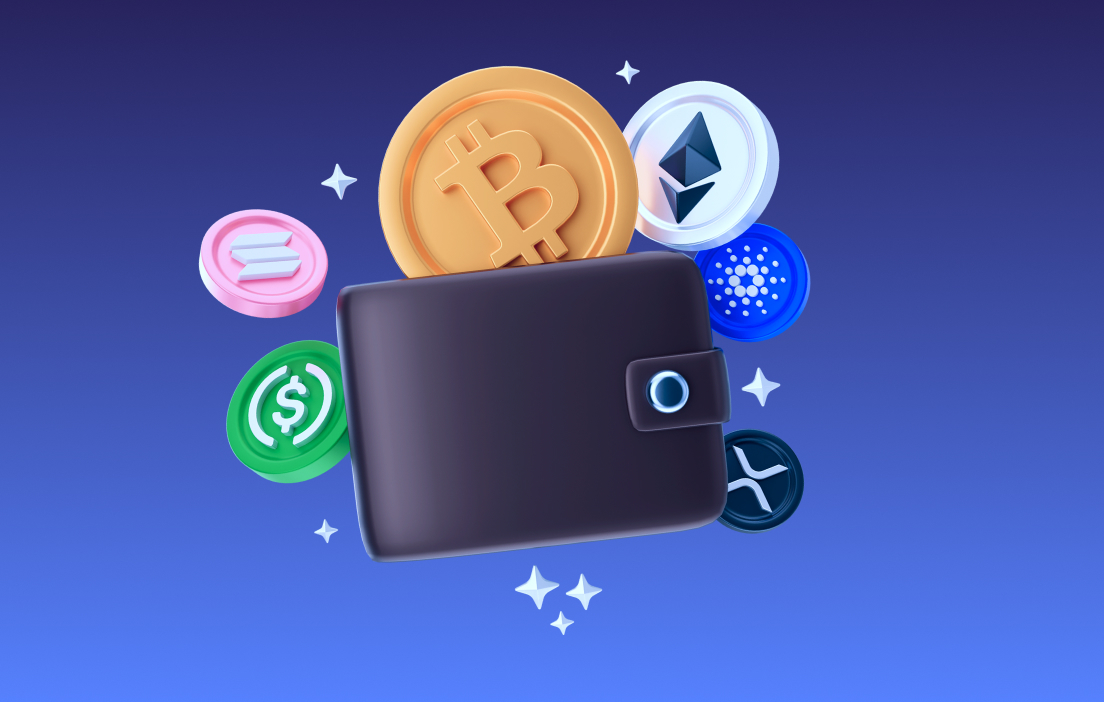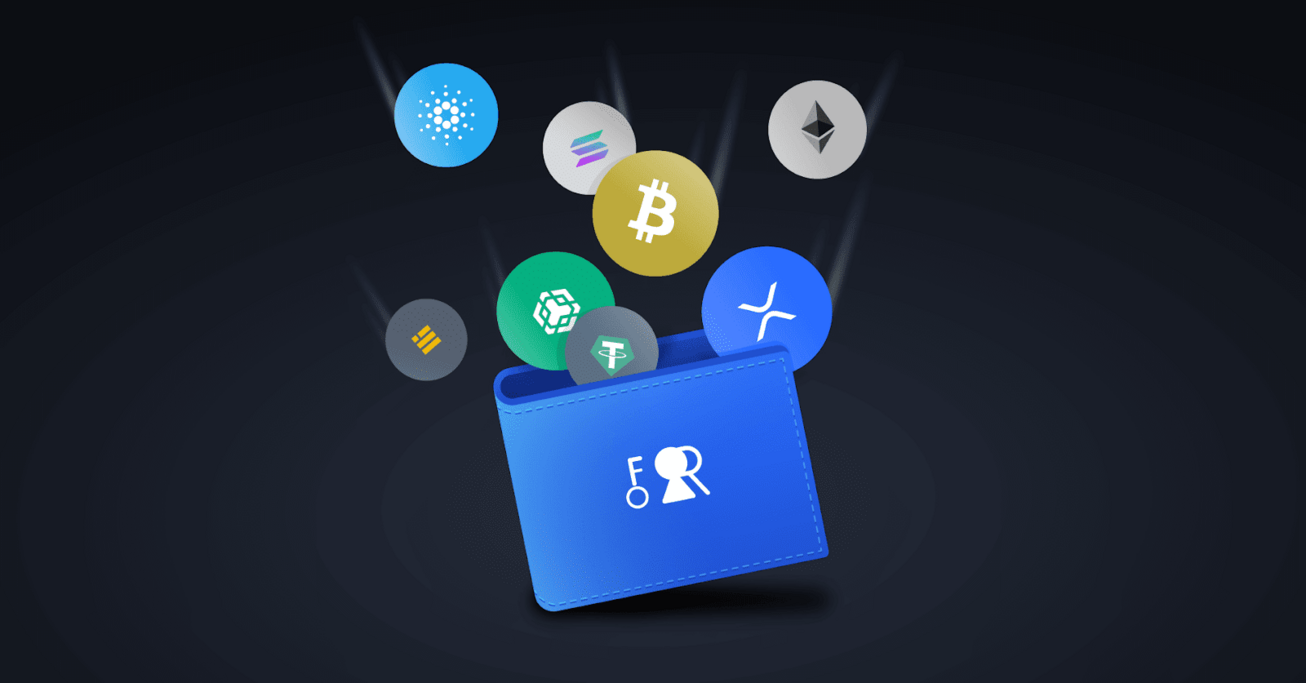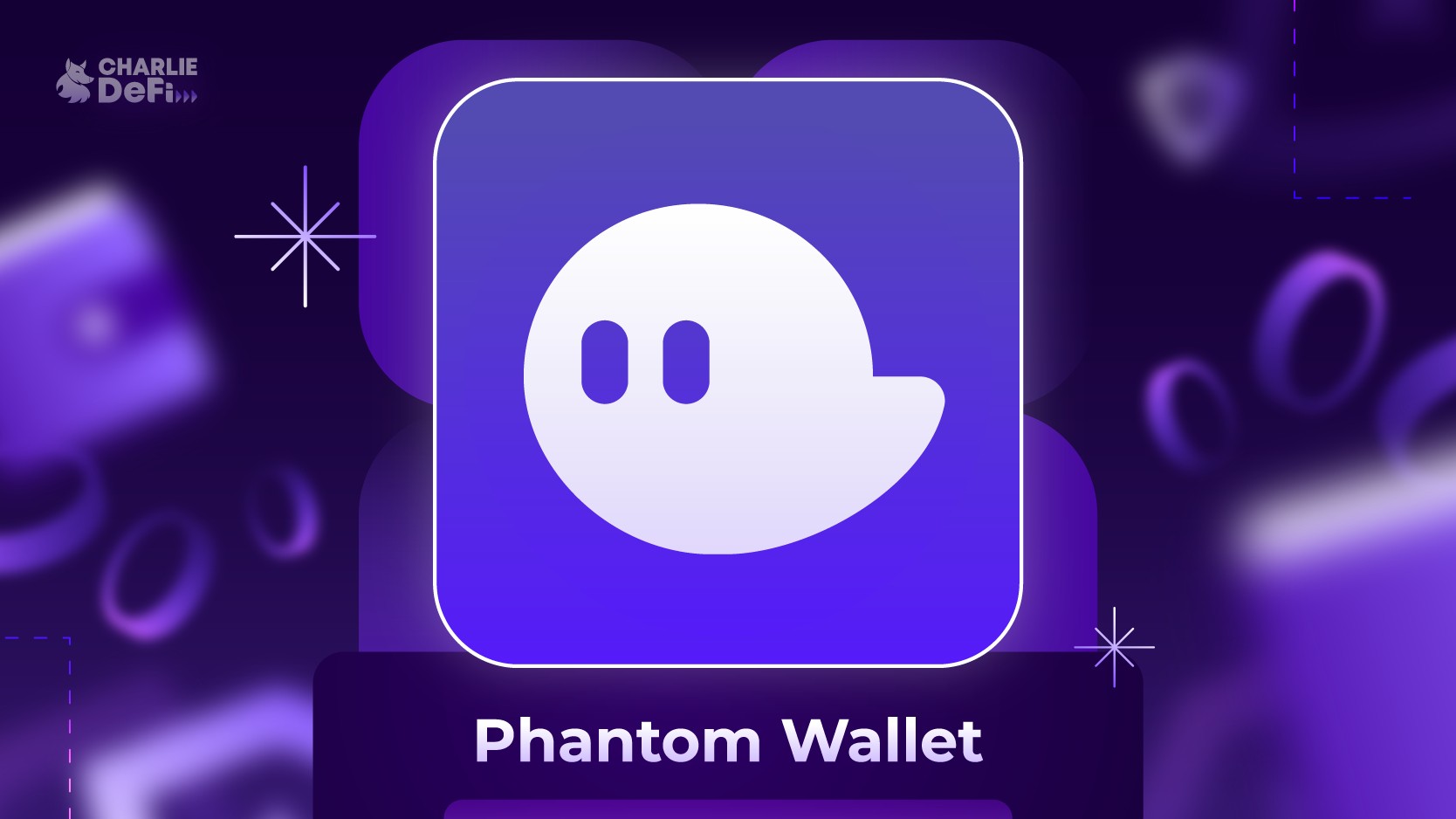In the rapidly evolving world of cryptocurrencies, crypto wallets have become essential tools for users who want to securely store, send, and receive digital assets. A Ledger Live wallet is much more than just a storage solution; it’s the gateway to the decentralized world of digital currencies. This article will explore what crypto wallets are, the different types available, how they work, and the best practices for securing your funds.
What is a Crypto Wallet?
A crypto wallet is a software or hardware tool that allows users to store and manage their cryptocurrencies. Unlike traditional bank accounts, a crypto wallet does not store physical currency but instead contains the private and public keys that are required to access and manage your crypto assets. The wallet provides a secure environment to store your keys, facilitating transactions and ensuring your digital assets remain under your control.
Types of Crypto Wallets
Crypto wallets can be broadly categorized into two types: Hot wallets and Cold wallets.
1. Hot Wallets
Hot wallets are connected to the internet, which makes them more convenient for everyday transactions. They are typically used for short-term storage of cryptocurrency. The main advantage of hot wallets is their ease of access, as they allow users to send and receive digital assets almost instantly. However, because they are connected to the internet, they are more vulnerable to cyber-attacks.
- Examples of Hot Wallets:
- Software Wallets: These are apps or programs that users install on their computers or smartphones. Some popular examples include Exodus, Electrum, and Trust Wallet.
- Web Wallets: These wallets are browser-based, meaning you can access them from any internet-connected device. Examples include MetaMask and Blockchain Wallet.
- Mobile Wallets: These are designed specifically for mobile devices, offering easy management on the go. Some examples include Coinomi and Mycelium.
2. Cold Wallets
Cold wallets are offline storage devices that are not connected to the internet, making them less susceptible to hacking or cyber theft. They are best suited for long-term storage and large amounts of cryptocurrency.
- Examples of Cold Wallets:
- Hardware Wallets: These are physical devices that store private keys offline. Popular hardware wallets include Ledger Nano S/X, Trezor, and KeepKey.
- Paper Wallets: These are physical documents that contain private and public keys. While they are considered highly secure due to being offline, they are also vulnerable to physical damage or loss.
How Do Crypto Wallets Work?
Crypto wallets work by using a combination of private and public keys to facilitate transactions. Here’s a simplified breakdown of the process:
- Public Key: This is the address of your wallet and functions similarly to an email address. You can share it with others to receive cryptocurrency.
- Private Key: This is a secret key that authorizes transactions from your wallet. It’s the equivalent of a password, and only you should have access to it. If someone gains access to your private key, they can steal your assets.
When you want to send cryptocurrency, you initiate a transaction by using your private key to sign the transaction. This is then verified on the blockchain network before the transaction is completed. The blockchain ensures that only the rightful owner of the private key can authorize the transfer of funds.
Security and Backup
Security is one of the most critical aspects of using a crypto wallet. Here are some best practices to ensure the safety of your funds:
- Use Strong Passwords: Always choose complex passwords for your wallets and associated accounts to minimize the risk of unauthorized access.
- Enable Two-Factor Authentication (2FA): Many wallet providers offer 2FA as an added layer of security.
- Back Up Your Wallet: Most wallets offer backup options, like recovery phrases or seed phrases. It’s essential to write these down and store them securely offline.
- Keep Private Keys Safe: Never share your private keys with anyone, and be cautious of phishing attacks that may trick you into revealing them.
- Regular Software Updates: Ensure your wallet software is always up to date to protect against vulnerabilities.


